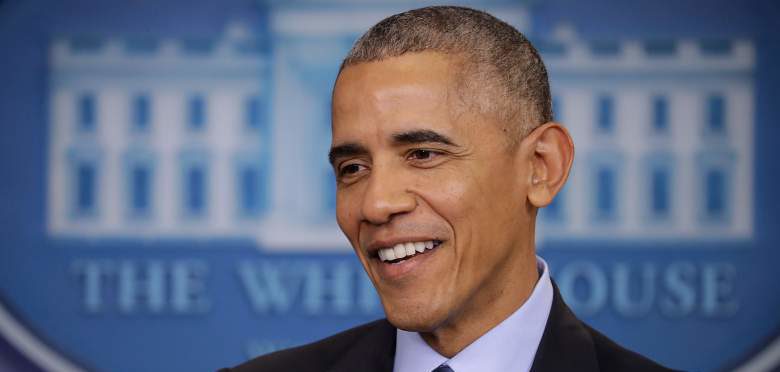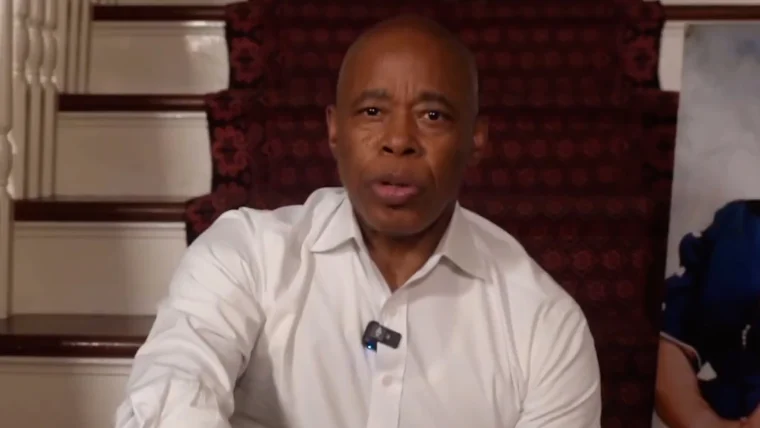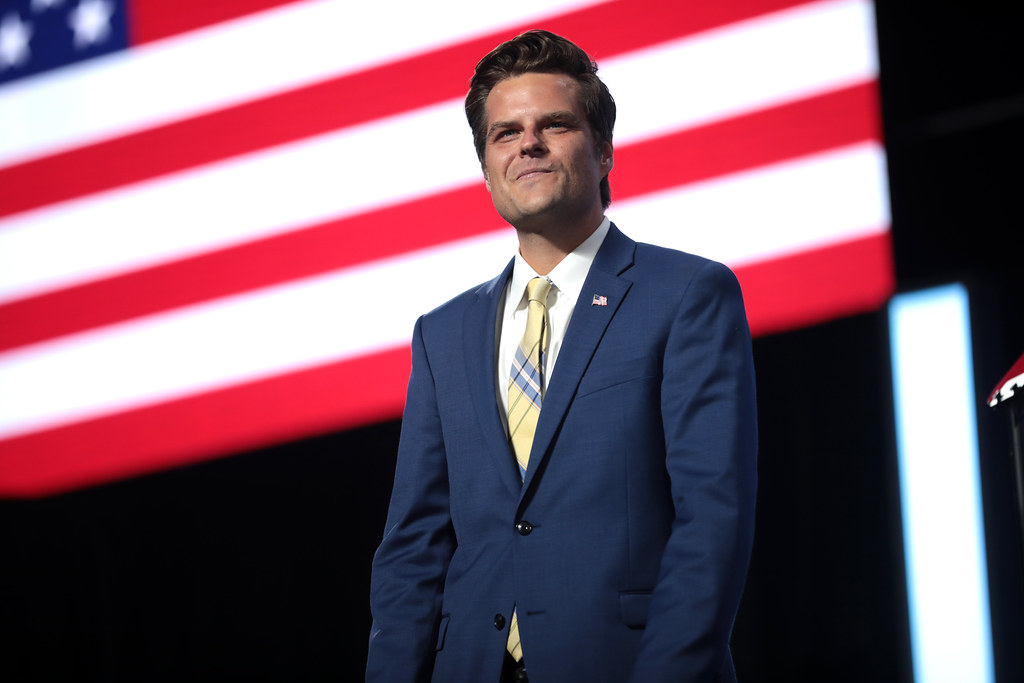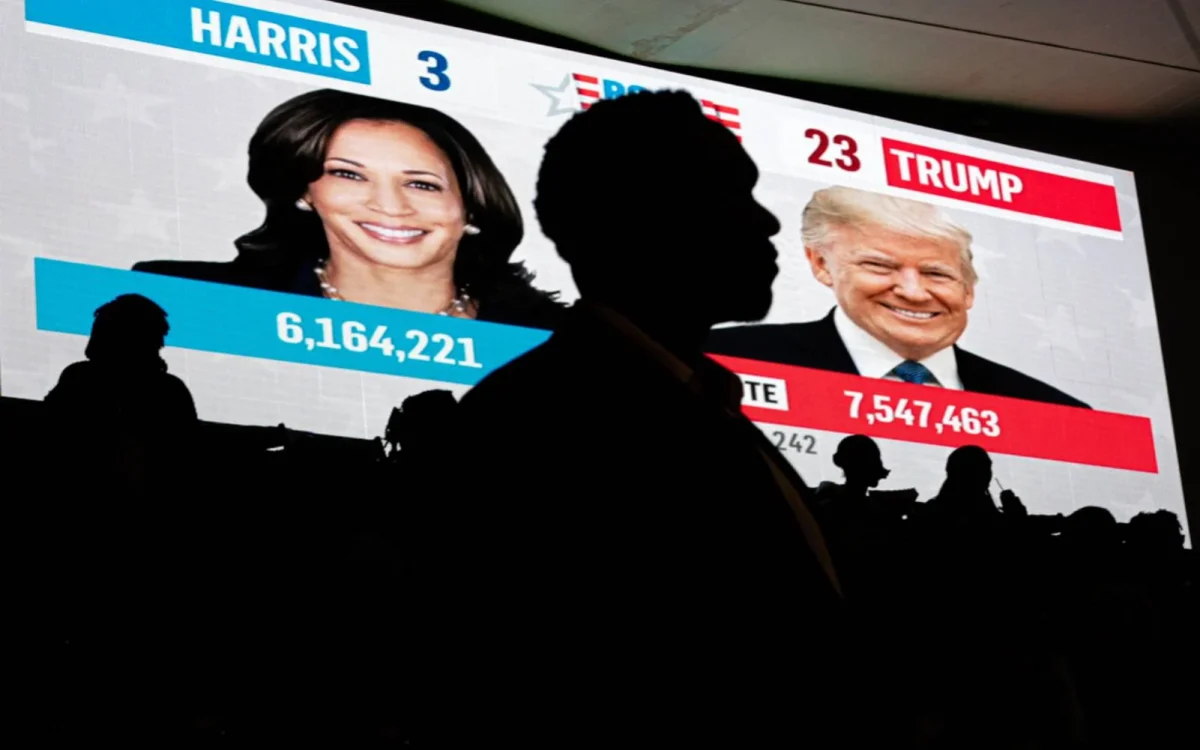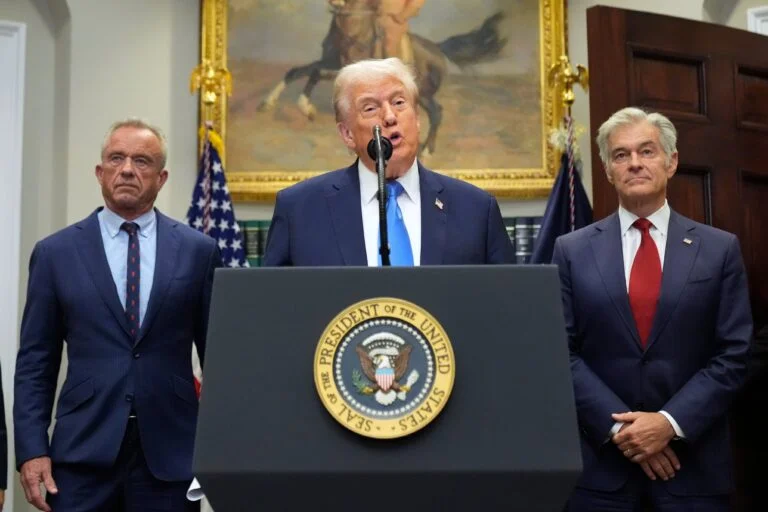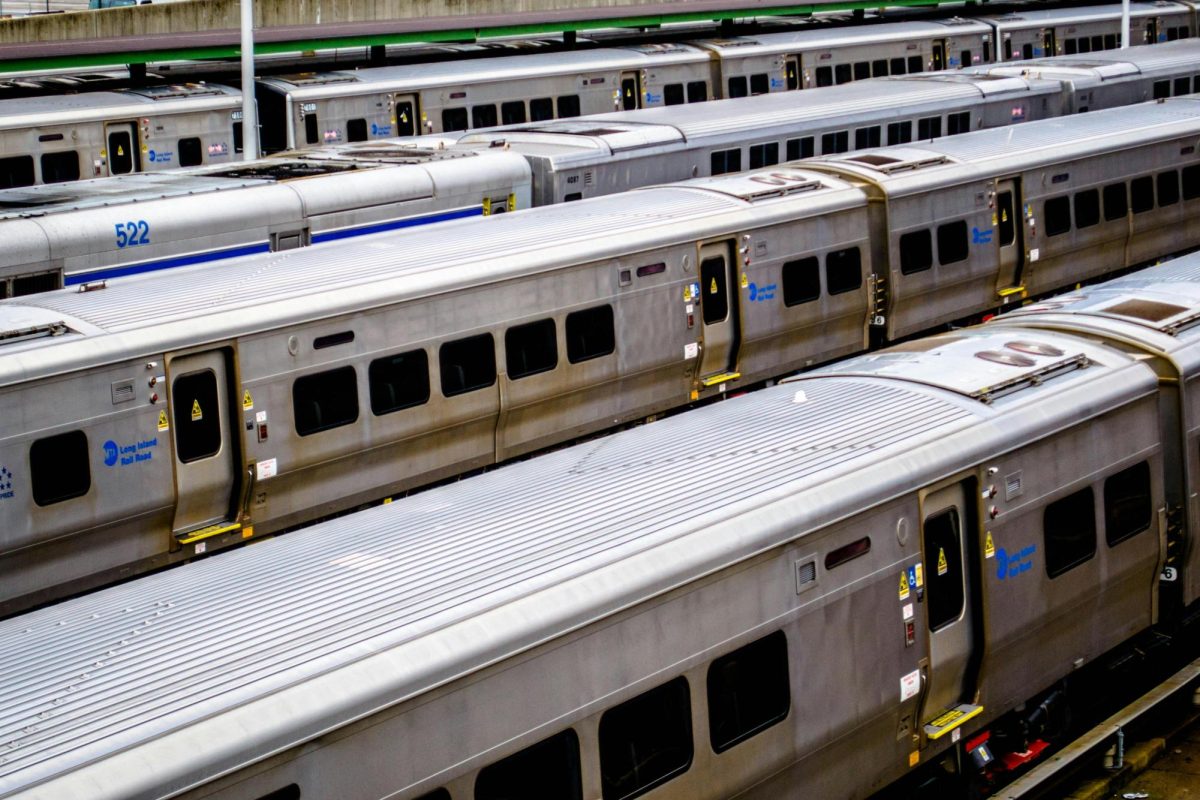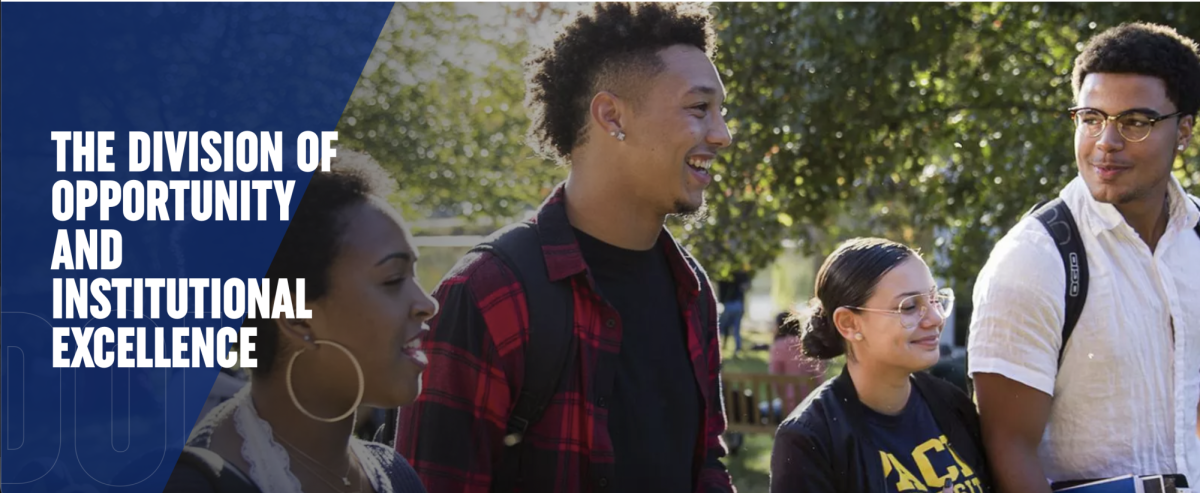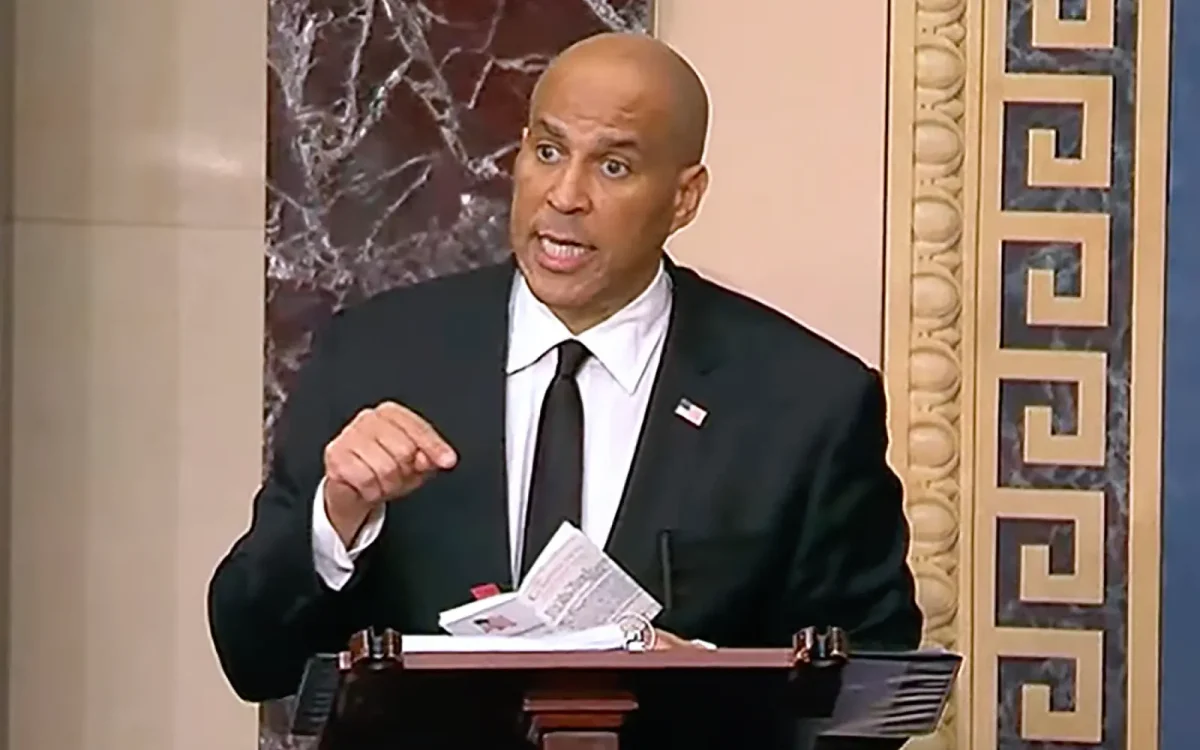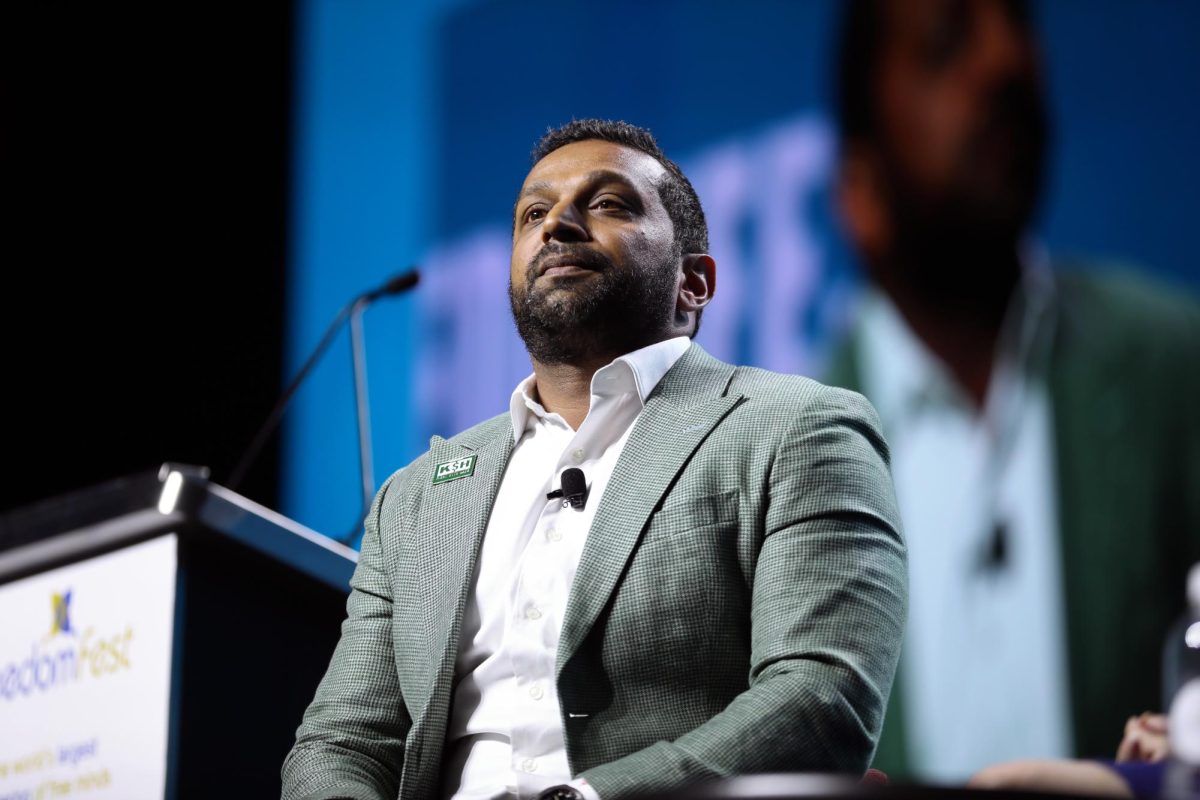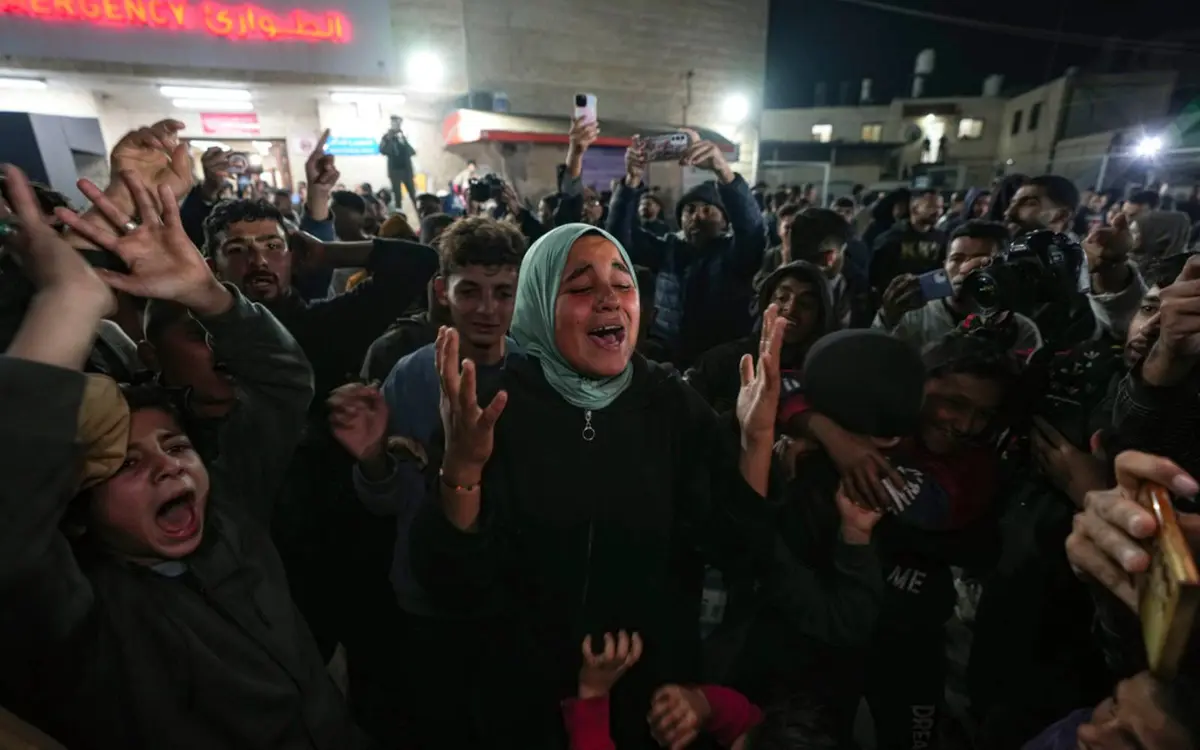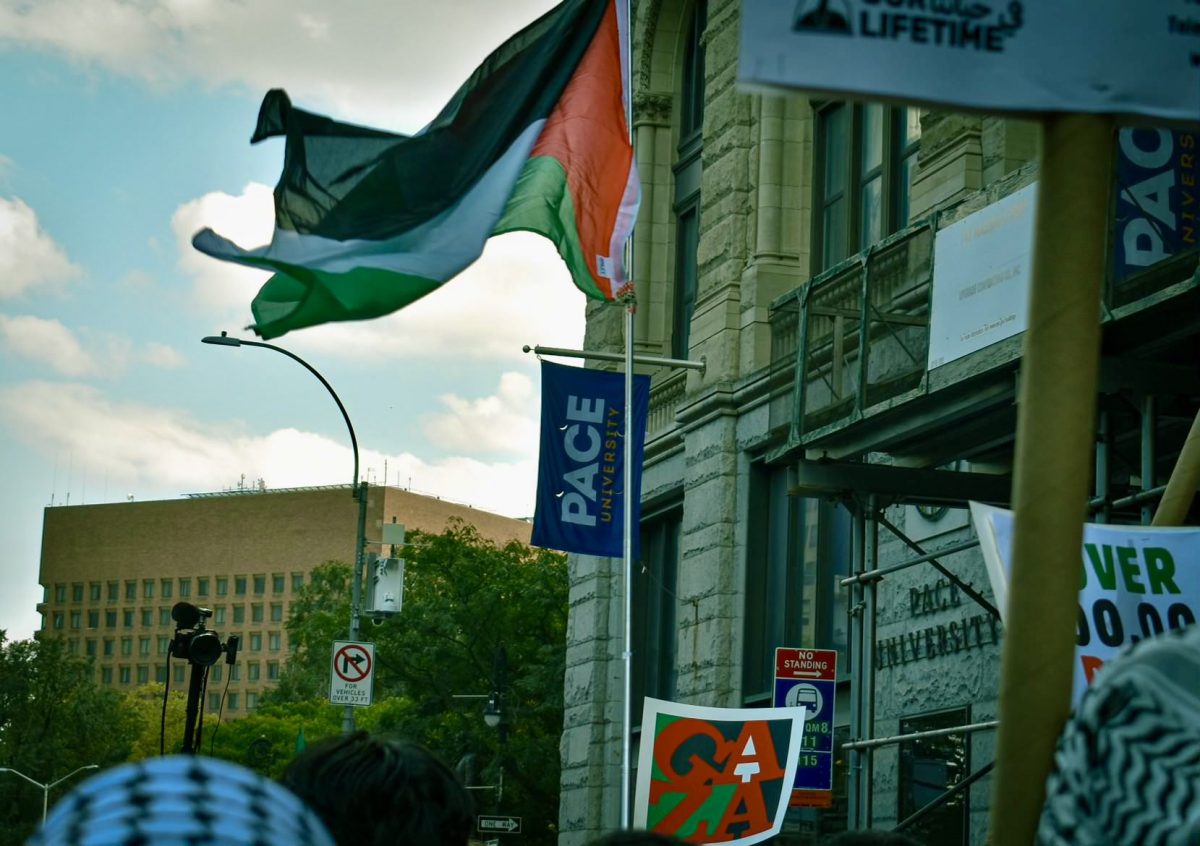In his last time facing the White House press corps, President Barack Obama addressed his final policy decisions and his hopes for the country under Donald Trump’s administration and beyond. Echoing sentiments from his farewell address, he emphasized the importance of the free press in the effort to maintain democracy and to “push those of us in power to be the best version of ourselves and to push this country to be the best version of itself.” In stark contrast to the relationship between President-elect Trump and the news media, Obama applauded the press for being critical and acting as a conduit for a well-informed citizenry, rather than being “sycophants.”
As expected, Obama addressed his commutation of Chelsea Manning’s 35-year prison sentence for leaking 750,000 classified military documents to Wikileaks. Manning was in prison for close to seven years, during which she was assigned to a male military prison as she is transgender, spent time in solitary confinement, and attempted suicide several times. Obama said that she had “served a tough prison sentence” and that he does not believe his decision sends the message that such leaks will be tolerated. He argued that her sentence was “very disproportionate” to those of other leakers, and that he feels “very comfortable that justice has been served.”
In regards to the tumultuous relationship with Russia that the US currently faces, Obama emphasized that he hopes for a constructive relationship with Russia, but that he stands by the sanctions he imposed on the country as a result of its invasion of Ukraine in 2014. Despite Trump’s stated hopes for nuclear nonproliferation deals with Russia, Obama reiterated that Russia has been unwilling to negotiate on the issue.
Obama also stated that he is “significantly worried” about foreign relations in Israel and Palestine, and that the “moment may be passing” for a two-state solution. He highlighted his administration’s’ attempts to facilitate peace, but that outside players cannot force the two parties to reach a resolution. While he did not comment on Trump’s interest in moving the US embassy in Israel to Jerusalem—a significant point of conflict between Israel and Palestine—he did express his hope that the new president thinks through all of his decisions and carefully considers the consequences of his actions.
When questioned about his recent decision to end the “wet foot, dry foot” policy that provided special immigration rules for Cuban immigrants, Obama cited the “monumental shift in our policy towards Cuba” as cause for the change. The policy was a hold-over from the United States’ more fraught relationship with Cuba from previous decades, but that it “didn’t make sense in this day and age” to treat Cuban immigrants differently than immigrants from any other nation.
The conference quickly turned to a discussion of Obama’s legacy as president. On the issue of LGBT rights, Obama said, “I could not be prouder of the transformation that’s taken place in our society in the last decade and I’ve said before I think we made some useful contributions to it, but the primary heroes in this stage of our growth as a democracy and society are all the individual activists and sons and daughters and couples who courageously said, ‘This is who I am and I’m proud of it’… and I think what we did, as an administration, was to help the society to move in a better direction.”
Though he stated that he does not intend to run for any office in the future, he did, in no uncertain terms, express his worry over a number of issues that would cause him to speak out, such as the rights of child immigrants under the DREAM Act, women’s rights, economic inequality, and criminal justice reform. He even came close to breaking his always-cool demeanor in his discussion of voting rights; his frustration at the United States being the only country that is making it harder to vote, rather than easier, was starkly apparent. Of voter fraud arguments, he said, “This is fake news,” echoing the language from the other side of the aisle.
But, as one would expect from Obama, he continually stressed his hope for the future, which has been his trademark since the early days of his campaign for president in 2008. “We’re gonna have a woman president, we’re gonna have a Latino president, we’ll have a Jewish president, a Hindu president, who knows who we’re gonna have?” he said, in response to his own legacy as the first black president. He praised his daughters Sasha and Malia as examples of the resilience, hope, and responsibility of young Americans, and that they understand the importance of being active citizens who work to make their country better. “The only thing that’s the end of the world is the end of the world. You get knocked down, you get up, brush yourself off, get back to work,” he said. “They don’t mope… I couldn’t be prouder of them.”
And as the final soundbite of his presidency, President Obama said, “I believe in this country. I believe in the American people. I believe people are more good than bad… Sometimes I get mad and frustrated like everybody else does, but at my core, I think we’re gonna be okay.”
And to the press corps: “Good luck.”

